QuestionI'm trying to breed for the first time and I'm having problems with my Bearded Dragons. My female (Topaz) is very dominate over my male (Larry) when I put them together. I put them through a brumation period and they still aren't breeding. Topaz is very agressive towards Larry, and I don't know what to do. I don't want to trade either one for a more experienced breeder because I love both and they would make beautiful babies, but I don't know what to to about Topaz's dominance (I'm 100% possitive on both dragons genders). Please help!
AnswerHi Preston, Unfortunately I don't think there is much that you can do to change her attitude toward Larry. The breeding instinct is hormonally mediated but for whatever reason (obviously not lack of brumation) hers are not at the necessary levels to make her receptive to your male. I assume that you have tried introducing them in neutral territory and also putting her into his cage and vice versa. You may be out of luck for this year but it doesn't mean that you will have the same problem next year. It is equally important that your male be mature and ready to "take the lead" so to speak. He can help trigger her breeding instinct by giving the appropriate social signals of male dominance like the rapid head bobbing.
Just for speculation and interest, I have included a link to an article that discusses how high incubation temperature can over ride the male determining gene in bearded dragon embryos and produce females. Bearded dragon gender is usually determined by genes and not by incubation temperature as it does with some other reptiles such as leopard geckos.
Now, with leopard geckos, females that are produced at high temperatures are often referred to as "hot females" and they tend to show male like aggressiveness and make poor breeders. Just wondering whether it is possible that this could occur in beardeds as well.
http://www.biotechnews.com.au/index.php/id;158484544;fp;4;fpid;1012

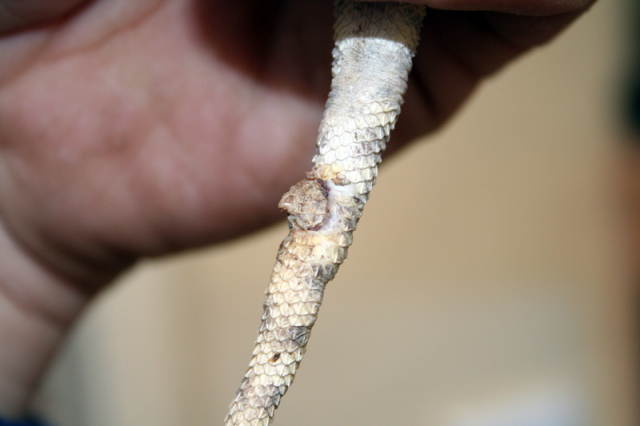 Egyptian Agama
Question
Egytian Agama tail 1
Hello Diane
I recently
Egyptian Agama
Question
Egytian Agama tail 1
Hello Diane
I recently
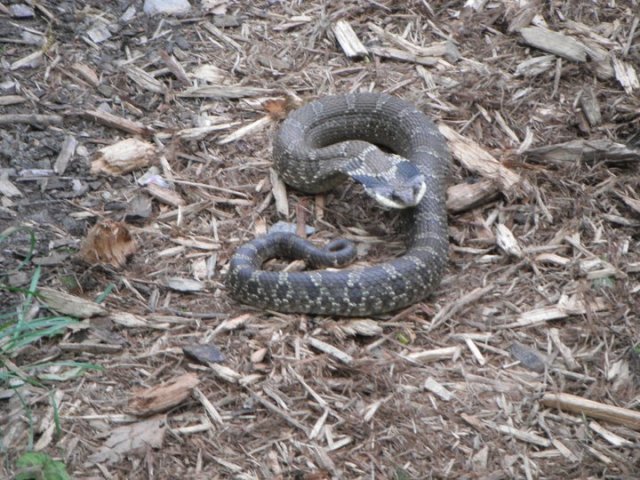 snake in backyad
Question
snake
could you pls identify this snake and le
snake in backyad
Question
snake
could you pls identify this snake and le
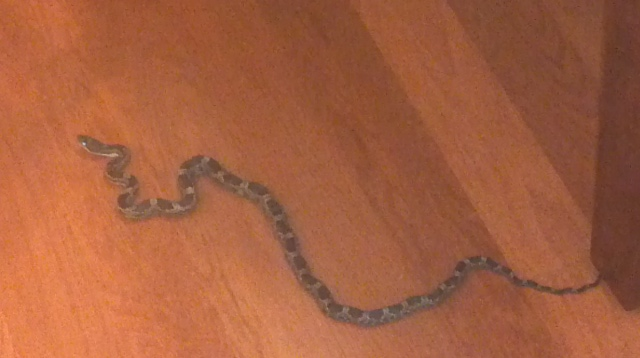 What type of snake did I find in my house?
Question
Snake Mouse
Hello,
I live in Nas
What type of snake did I find in my house?
Question
Snake Mouse
Hello,
I live in Nas
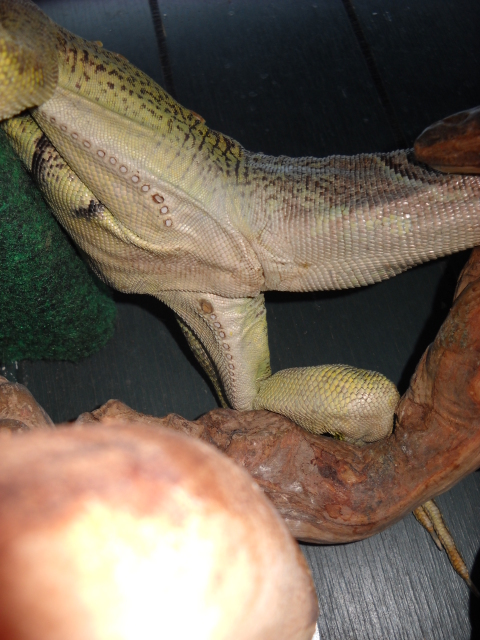 pics
Questionspike
QUESTION: idk if it will work but
pics
Questionspike
QUESTION: idk if it will work but
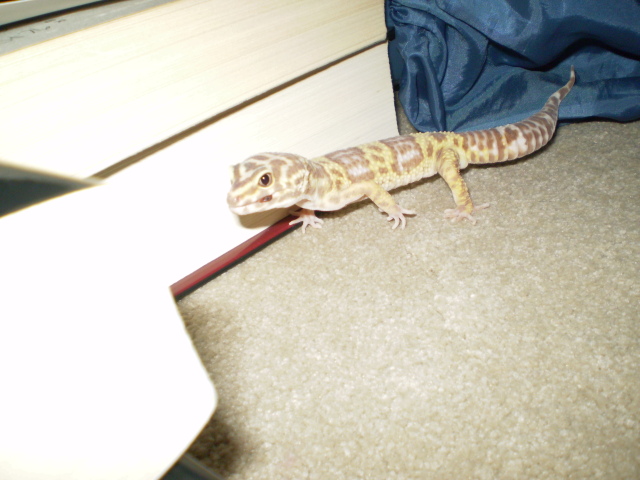 Leopard Gecko abscess
QuestionLeo Scab
QUESTION: Hello :)
I have had m
Leopard Gecko abscess
QuestionLeo Scab
QUESTION: Hello :)
I have had m